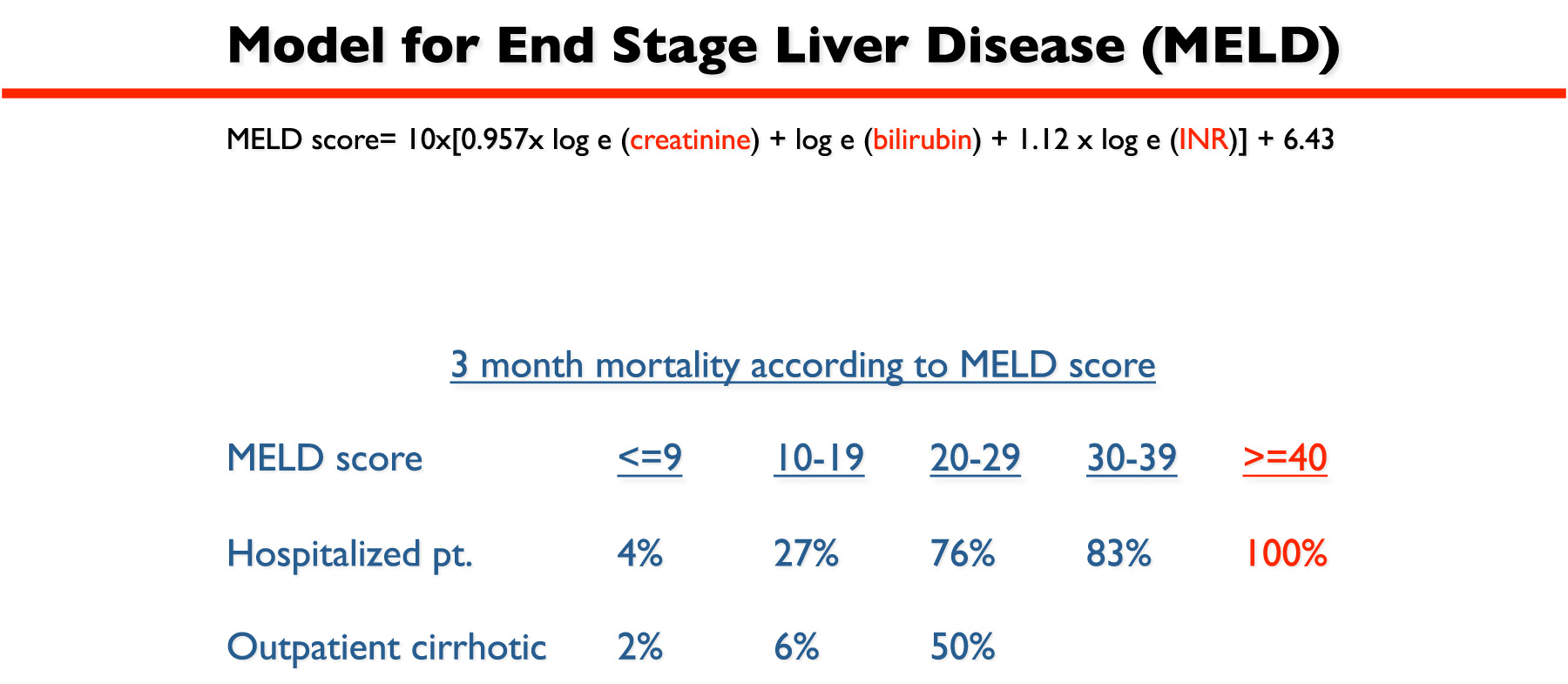

However, there is a lack of any meta-analysis or systemic review. The published works of literature on this topic are based on retrospective cohorts though they have described a consistent increase in operative risk with CLD. Lately, researchers have found a notable link allying MELD score and mortality in trauma patients (5). Even though this system was moulded to foresee mortality following TIPS, later it was also enacted to stratify patients ahead of liver transplantation, to predict perioperative mortality post-transplant. It is more objective and weights the variables, thereby even a slight increase in the MELD score makes an incremental input into the menace (4). This linear regression model has been designed on serum bilirubin and creatinine levels and international normalised ratio (INR). In patients with CLD, Model for End-Stage Liver Disease (MELD) score has been evinced to correspond with the preoperative risk. However, in patients with CLD these insults may precipitate hepatic decompensation (3). Studies have shown that anaesthetic drugs have an adverse impact on the liver enzymes levels, which could be of little significance in a healthy individual. The enormity of morbidity and mortality squares with the extent of hepatic decompensation (2). One of such condition is the chronic liver disease (CLD) which impose a higher risk for developing postoperative complications independent of a type of surgery. These could be because of various disturbances in the physiological milieu of a body either due to present disease status or ongoing co-morbid malady. These are reflected regarding increased rates of morbidity and mortality. Despite advancement in surgical techniques and perioperative care, the complications are quite high in emergency general surgery (EGS). To the Editor: All of us wish to thank Havens et al., for their efficient handling of the project studying the association of model for end-stage liver disease Score with mortality in Emergency General Surgery Patients (1). Shared Decision Making and Communication.Scientific Discovery and the Future of Medicine.Health Care Economics, Insurance, Payment.Clinical Implications of Basic Neuroscience.Challenges in Clinical Electrocardiography.


 0 kommentar(er)
0 kommentar(er)
